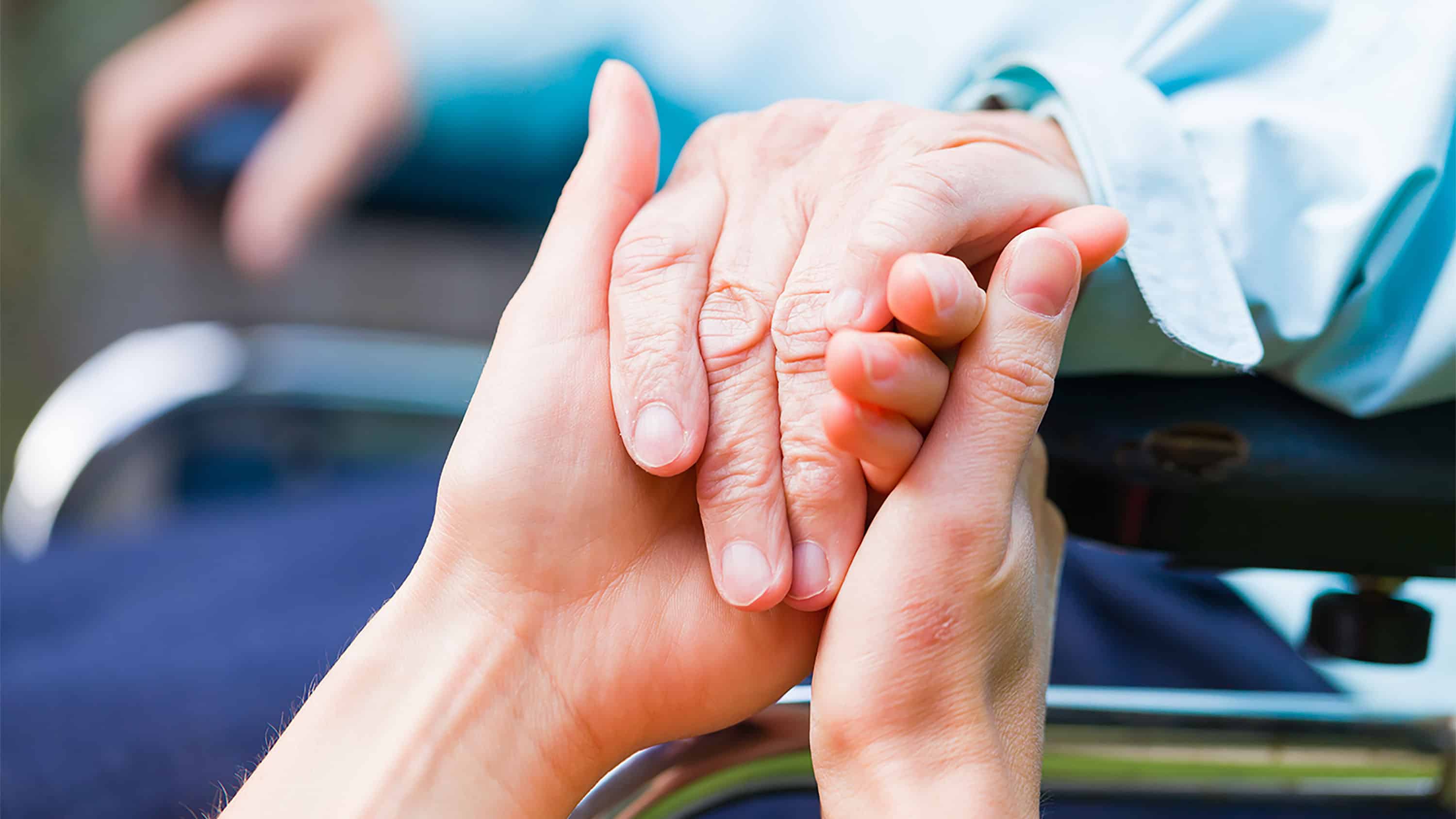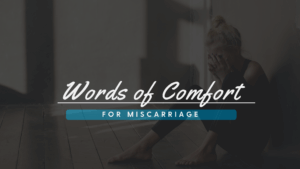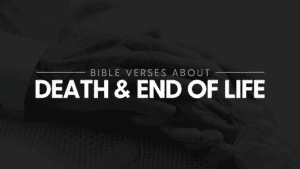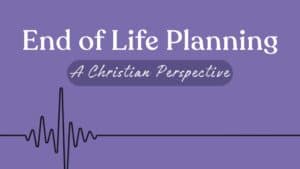It’s been a year and a half since Mom went to be with Jesus. I don’t begrudge her heaven, but the process of getting her there was a beast. Likewise, the process of my recovery from caregiving has been harder than expected.
Today I was telling my boss that after 18 months, I’m finally starting to get over the PTSD-ish effects of caregiving. Two-and-a-half years of caring for Mom full time took a toll on my health. Some of my relationships suffered. I faded into the background at church. I got out of healthy routines. Many days it seemed like life was passing me by. I felt left out, left behind and alone. I also felt incredibly old.
Mom’s death wasn’t the end of my caring for her, either. In the months that followed I planned two memorial services in two different states. I paid her remaining bills and taxes (how unfair that felt), closed and settled accounts, and notified friends and family of the news (not to mention banks, merchants, ministries, medical teams and seemingly the whole world). I went through all of her things, purged and distributed most, and kept a few.
In the midst of all of this necessary activity, I grieved. I grieved haltingly and imperfectly. In stops and starts, with laughter and weeping. Sometimes with others, but often alone. I processed my pain. I coddled a few wistful “if-onlys.”
For a while, I wondered if I should have done things differently. Had I made a few tweaks in caregiving and grieving, would things have been easier? Could I have headed some of the hardship off at the pass? Should I have focused on things other than the ones I did focus on?
These are unproductive questions. One of my biggest disappointments was not being with Mom when she died. Because she had lost her mobility, Mom was moved to a care facility for the last six weeks of her life. One Wednesday, she was noticeably different. A Google search of symptoms told me that Mom was dying. Hospice confirmed it.
I sat with Mom for two straight days. Late one night I went home to get some sleep so I could return in the morning. I got the call at 6:00 a.m. that she was gone.
I was upset and felt guilty that I hadn’t been with her, holding her hand and singing her favorite hymns. A close friend reminded me: “Lisa, the one Person who needed to be there was there.”
Mom’s now happy and whole, and I’ve had more time and distance to process and heal. I’m serving again at church. I’m sleeping (and occasionally sleeping in!) again. I’m reconnecting with friends and repairing relationships with family. I’m living life today and planning for the future.
And I have no regrets. My caregiving season was unspeakably hard, but so worth it. I’m a changed person – a softer-hearted and more mature person. I have memories with Mom I’ll never forget. I learned lessons I would not have learned otherwise.
Don’t assume that you can’t be a caregiver because you can’t do it perfectly. You’ll never do it perfectly; believe me, I tried. Caregiving is about showing up. It’s about setting aside a season for service and selflessness. It’s a noble and holy calling. And eventually – perhaps when the season’s over – you’ll feel the weight of the privilege you were given.
And you’ll thank God for it.















